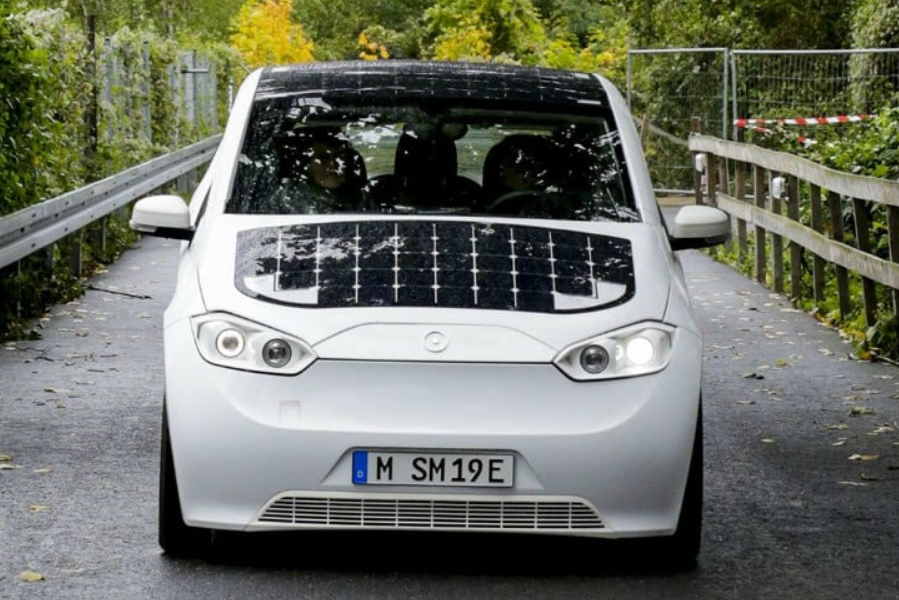
Two people have died after a hybrid car prototype that was being developed and tested with European Union funds blew up last week in the southern Italian city of Naples.
The Life-Save project aimed to turn cars with conventional combustion engines into hybrid vehicles, running at least partly on solar energy.
One vehicle equipped with the experimental technology caught fire last Friday, seriously injuring the two people who were on board.
Maria Vittoria Prati, a researcher at Italy’s National Council of Research (CNR), died of complications from third-degree burns on Monday.
The other occupant, research apprentice Fulvio Filace, died overnight, a spokesperson for the Cardarelli hospital in Naples told Reuters on Thursday.
Both Prati and Filace were hospitalised “in very serious conditions” but “there was more hope of saving” Filace “given his younger age,” the spokesperson, Pietro Rinaldi, said.
“But it was not enough,” he added.
Naples prosecutors are trying to find out what caused the explosion, but their investigation is for the moment not targeting any specific suspect, the ANSA news agency said.
Expressing “great shock and sorrow” for the deaths, the CNR said Thursday it had started an internal audit and was cooperating with the investigations.
Earlier this week, the CNR paid tribute to Prati as “a brilliant researcher” and “an authority in the field of the study of emissions and the use of alternative fuels.”
eProInn, a spin-off of the University of Salerno in southern Italy that had a lead role in the Life-Save project, was working on retro-fitting conventional cars with solar-hybrid powertrains.
Its patented idea was to equip regular production cars with additional electric motors, charged by a battery and solar panels fitted on the roof and the bonnet.
The project was financed by the European Commission’s LIFE Programme, according to Life-Save’s Facebook page.
In the wake of Friday’s accident, its website was deactivated.

